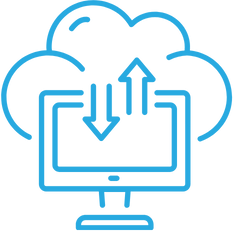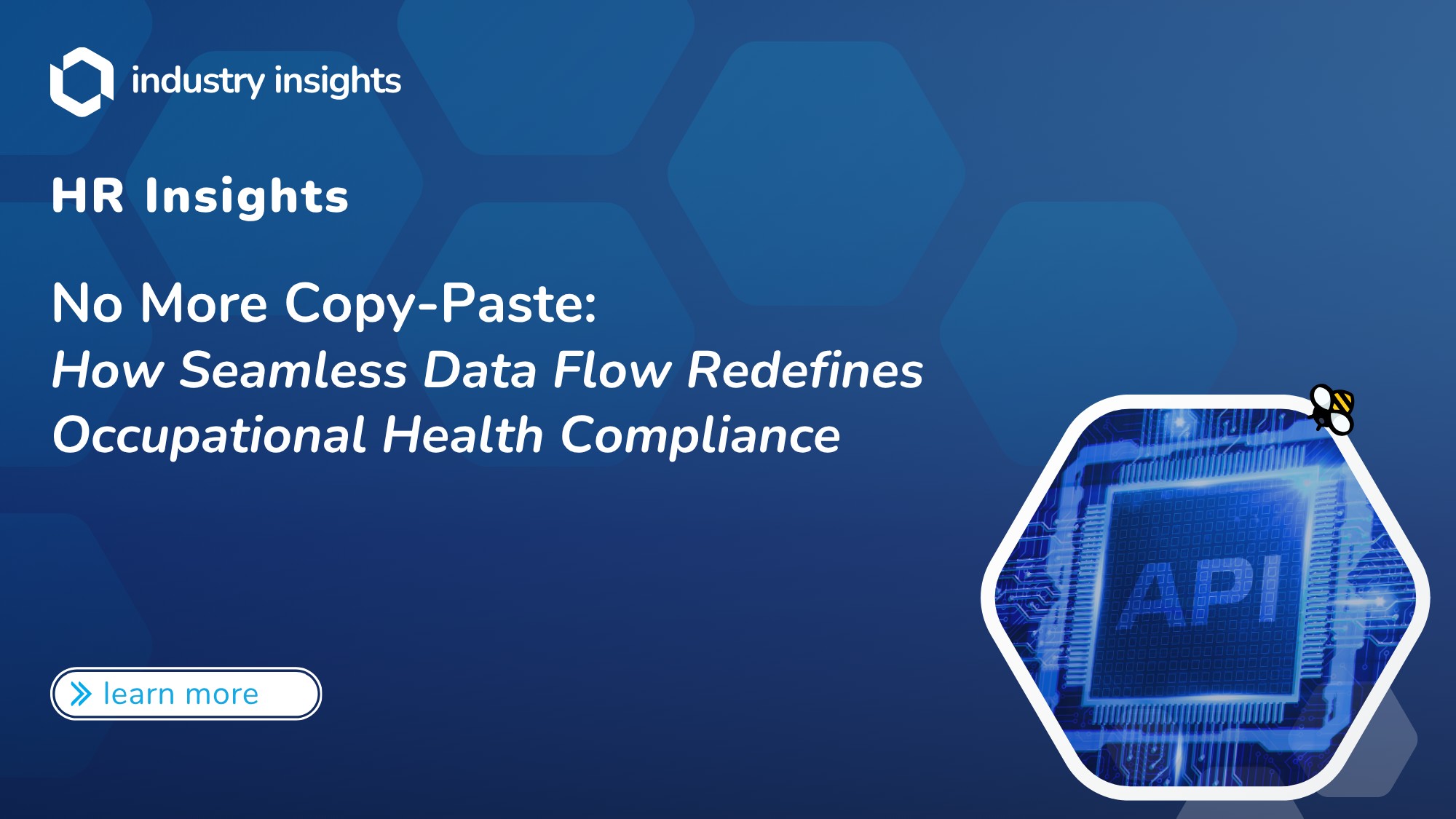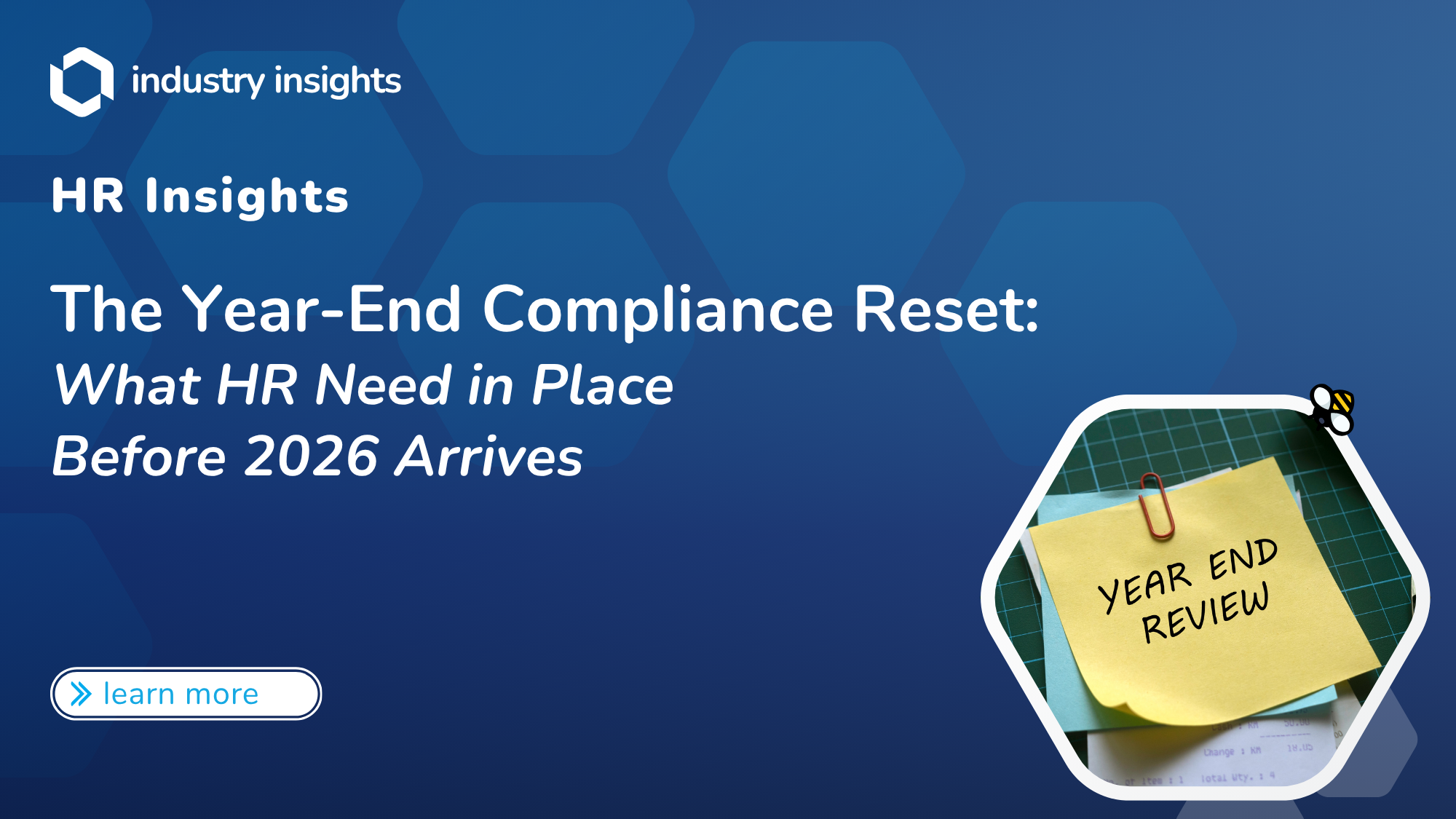If you’ve ever spent your morning hopping between spreadsheets, portals, and email threads just to confirm one employee’s medical clearance, you’re not alone. HR professionals and healthcare providers alike know the pain of disconnected systems. One platform has immunization records, another stores drug test results, and somewhere – buried in an inbox – is that one critical update you need before onboarding.
Manual data entry might feel like part of the job, but it’s a hidden productivity drain. Every copied cell and uploaded document takes time away from what really matters – supporting employees and keeping your workforce healthy and compliant.
The good news? There’s a better way, and it starts with integration.
Download the Whitepaper
What is an API (and Why Should You Care)?
Think of API – short for Application Programming Interface – as a digital bridge between systems. It allows your HR software, healthcare platforms, and compliance tools to “talk” to each other automatically.
Here’s a simple way to picture it:
- Imagine that your HR platform and BlueHive as two coworkers.
- Without an API, they have to send emails back and forth to share information.
- With an API, they can chat instantly through a secure, private channel – no middle steps, no confusion, no lost data.
In everyday terms, APIs are what let your favorite apps connect seamlessly. When your calendar syncs with your phone or your bank app pulls in your latest transactions, that’s an API at work.
For occupational health, this same principle means your drug screening results, immunization records, and medical clearances can flow effortlessly between systems – without any manual effort.

The Hidden Cost of Manual Data Transfer
- Time lost: Workers commonly spend a significant part of the week on manual, repetitive tasks like email, data collection, and data entry. One survey found over 40% spend at least a quarter of their week on these activities (Smartsheet, n.d.).
- Errors multiply: Manual entry introduces inconsistencies that risk compliance violations.
- Morale suffers: Administrative overload is real. More than one fourth of HR teams spend half their week on administrative tasks, squeezing out time for strategic work (BusinessWire, 2024).
In fact, studies show employees spend up to 25% of their time on duplicate data entry across systems that don’t communicate with each other. That’s a quarter of your week doing the same task twice.
How API Integration Changes the Game
Once your systems start communicating, everything about compliance becomes faster, simple, and smarter.
1.) Real-time Updates, Zero Lag: When a provider completes a physical exam or drug test, the results appear instantly in your HR system – no uploads or emails required.
2.) Automatic Error Reduction: Because data flows directly between verified systems, you eliminate the human errors that often occur during manual data transfers.
3.) Centralized Visibility: With all compliance data connected, HR teams gain a complete, up-to-date view of workforce health without jumping between platforms.
4.) Proactive Compliance Management: APIs allow BlueHive to automatically flag upcoming expirations, missing documents, or new requirements – so you can stay ahead instead of scrambling to catch up (NIST Computer Security Resource Center, 2025).
In short, integration doesn’t replace your existing systems – it enhances them. APIs are the connectors that transform isolated tools into one unified, efficient workflow.
High-Risk Vectors in Occupational Health
While these general healthcare threats are real, occupational health systems have specific risk dimensions:
- Cross-domain data exchange: HR platforms, clinical systems, labs, pharmacies, wellness apps, screening vendors – each link is a possible vulnerability.
- Complex vendor ecosystem: Third parties (labs, diagnostic centers, device suppliers) often require access. A weak link in vendor’s security can undermine the entire chain.
- AI/ML model attacks: Emerging threats such as model inversion or membership inference allow attackers to reverse-engineer models to extract sensitive training data (OWASP, 2023).
- Device or sensor integration: Wearables, biometrics, on-site diagnostic tools may be exploited if firmware is weak or communication channels are unsecured.
- Insider risk / privilege misuse: Those with access to HR or health data (e.g. occupational health staff) may misuse privilege, intentionally or accidentally.
- Regulatory complexity & overlapping compliance demands: HIPAA, state laws, OSHA rules, and occupational health jurisdictions can make error margins small.
- Legacy components & technical debt: Some systems or data silos may lack modern protection (e.g. unpatched servers, outdated libraries).
A Day in the Life: Before and After Integration
Before Integration:
- HR emails the provider for results.
- Provider sends a PDF.
- HR uploads the document.
- Someone manually updates a spreadsheet.
- Someone else double-checks the data for error.

After Integration:
- Provider completes the screening.
- BlueHive’s API instantly syncs the results to your HRIS.
That’s it. Compliance data that used to take days to manually track down and enter now updates in seconds!
Why BlueHive Integration Just Works
At BlueHive, we believe technology should make compliance feel effortless. Our integration solutions are built with real-world challenges in mind.
- Secure: Every API connection follows HIPAA-compliant encryption standards to keep health data safe.
- Flexible: BlueHive works with the systems you already use – no replacement required.
- Scaleable: From small businesses to enterprise-level employers, BlueHive’s integrations grow with you.
When your data moves seamlessly, so does your team.
Ready to ditch the copy-paste and start automating your compliance workflows? Let’s connect your systems – and your people. Learn more about BlueHive’s integration options or schedule a quick demo today.
Sources
- Business Wire. (2024, September 19). 73% of employees want more education on company benefits; employers’ HR administrative burdens are getting in the way. Payroll Integrations’ 2024 State of Employee Financial Wellness Report. https://www.businesswire.com/news/home/20240919989299/en/73-of-Employees-Want-More-Education-on-Company-Benefits-Employers-HR-Administrative-Burdens-Are-Getting-in-the-Way
- NIST. (2025). SP 800-228: Guidelines for API protection for cloud-native systems. https://csrc.nist.gov/pubs/sp/800/228/final
- Smartsheet. (n.d.). How much time are you wasting on manual, repetitive tasks? https://www.smartsheet.com/content-center/product-news/automation/workers-waste-quarter-work-week-manual-repetitive-tasks



